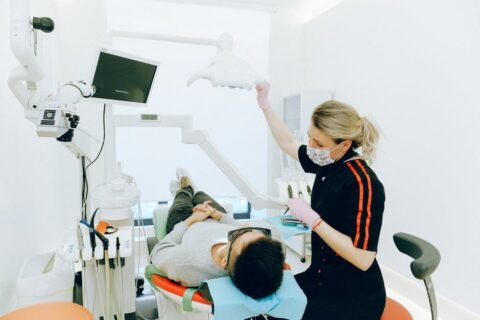Photo by Marcelo Leal on Unsplash
AUD treatment practices include yoga, meditation, tai chi, and mindfulness, offering holistic benefits that support both mental and physical health. Incorporating mind-body practices into alcohol use disorder treatment can provide a comprehensive approach to recovery, addressing the complex interplay between the mind and body.
Mind-body practices are techniques designed to enhance the mind’s positive impact on the body. These practices promote relaxation, reduce stress, and improve overall well-being by encouraging a state of harmony between the mind and body. Here are some common mind-body practices and their benefits:
- Yoga combines physical postures, breathing exercises, and meditation to promote physical and mental well-being. It enhances flexibility, strength, and relaxation, reducing stress and anxiety.
- Meditation involves focusing the mind and eliminating distractions to achieve a state of mental clarity and emotional calm. It helps reduce stress, anxiety, and depression, promoting overall mental health.
- Mindfulness involves paying attention to the present moment without judgment. It helps individuals become more aware of their thoughts, feelings, and sensations, promoting emotional regulation and mental clarity.
Benefits of Mind-Body Practices for AUD Recovery
Integrating mind-body practices into the treatment plan for AUD offers numerous benefits that support the recovery process:
Stress Reduction
Chronic stress is a significant trigger for alcohol use and relapse. Mind-body practices are highly effective in reducing stress by promoting relaxation and mental calmness. Techniques such as deep breathing, meditation, and yoga activate the body’s relaxation response, lowering cortisol levels and reducing overall stress. This stress reduction is crucial for individuals with AUD, as it helps manage cravings and reduces the risk of relapse.
Emotional Regulation
Individuals with AUD often struggle with emotional regulation, experiencing intense emotions that can lead to alcohol use as a coping mechanism. Mind-body practices enhance emotional awareness and regulation, helping individuals manage their emotions more effectively. Mindfulness and meditation, in particular, increase self-awareness and promote a non-judgmental attitude toward one’s thoughts and feelings, enabling better emotional control.
Improved Physical Health
AUD takes a toll on physical health, leading to various medical complications. Mind-body practices contribute to physical well-being by improving cardiovascular health, enhancing immune function, and increasing physical fitness. Yoga and Tai Chi, for example, improve strength, flexibility, and balance while also promoting relaxation and reducing physical tension. These physical benefits support overall health and complement traditional AUD treatments.
Enhanced Mental Health
Mental health issues such as anxiety, depression, and insomnia are common among individuals with AUD. Mind-body practices have been shown to improve mental health by reducing symptoms of anxiety and depression and promoting better sleep. Meditation and mindfulness practices, in particular, are effective in calming the mind, improving mood, and enhancing overall mental clarity. This improvement in mental health is vital for sustaining long-term recovery.
Increased Resilience
Recovery from AUD requires resilience and the ability to cope with setbacks. Mind-body practices foster resilience by enhancing mental and emotional strength. They teach individuals to stay present, manage stress, and maintain a positive outlook. Practices like yoga and meditation encourage self-compassion and patience, which are essential qualities for navigating the challenges of recovery.
Spiritual Connection
For many individuals, spirituality plays a crucial role in recovery. Mind-body practices often have a spiritual component, helping individuals connect with a sense of purpose and inner peace. This spiritual connection can provide comfort, guidance, and motivation throughout the recovery journey. Practices such as meditation and yoga encourage introspection and self-discovery, fostering a deeper sense of meaning and fulfillment.
Mind-body practices play a vital role in treating alcohol use disorder by promoting relaxation, emotional regulation, physical health, and mental well-being. Integrating techniques such as yoga, meditation, Tai Chi, and mindfulness into the treatment plan provides a holistic approach that addresses both the mind and body.

Daniel J. Morgan is the founder of Invidiata Magazine, a premier publication showcasing luxury living, arts, and culture. With a passion for excellence, Daniel has established the magazine as a beacon of sophistication and refinement, captivating discerning audiences worldwide.





